As I already reported earlier this year, the Fondation de la Haute Horlogerie (FHH) has undergone a reorganization. New is the freshly created Watches and Culture arm, a non-profit organization now in charge of cultural activities. Following the Time Design exhibition on view during Watches and Wonders 2022, Watches and Culture staged the Watch Forum 2022, an invite-only, B-to-B day of panels and talks on sustainability and diversity in the watch industry, on September 12-13, 2022.
The first Forum to take place since 2018, it kicked off with one of the most emotional pieces of filmmaking I may ever seen: Bigger Than Us, a documentary by the captivating French writer and filmmaker Flore Vasseur, which explores the (non-) survival of our planet through the stories of seven young people who became activists in seven different areas as early as the age of six.
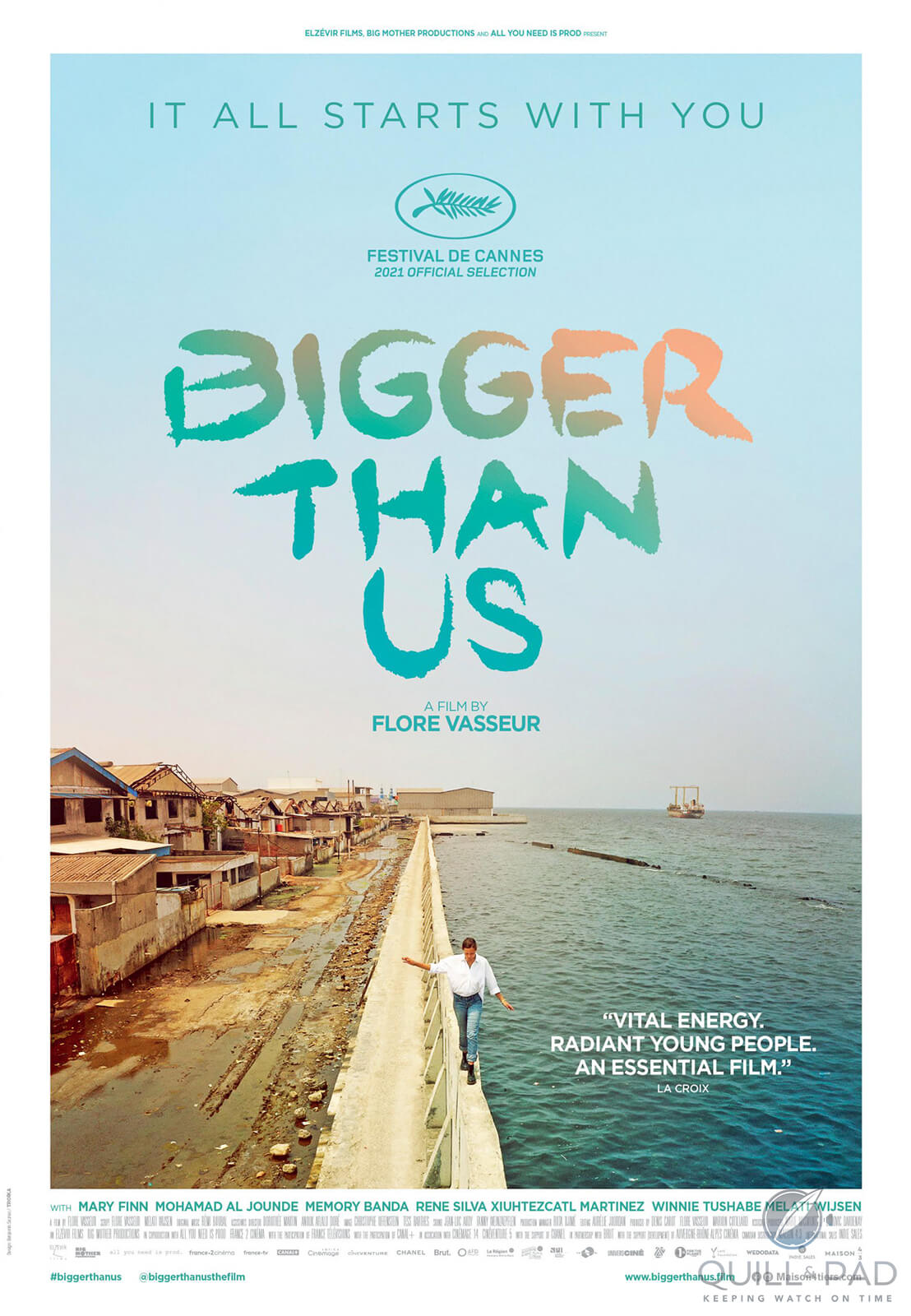
This film saw the light of day partially because of the participation of actress Marion Cotillard and partially with the support of Chanel (who has not communicated on that fact). Due to a scheduling conflict, representatives of Chanel, a family-owned firm that has already initiated several company-wide sustainability activities, was not able to take part in the Watch Forum 2022.
I had the opportunity to speak with Vasseur a few days before she traveled from Paris to Geneva to get more information on what inspired her to make this film and why Watches and Culture might have chosen for it to make its debut in Switzerland the evening ahead of the Watch Forum 2022, a B-to-B event on sustainability.
Q&P: This film tackles seven different subjects that are related, though each one is important in its own respect for our world. In other words, each probably could have filled its own feature film. What was your particular interest in doing this film and what got you so hooked that you wanted to spend years of your life doing it?
FV: All my work since 9/11 [Vasseur was in New York City on that day –ed] is about having people understand that we have been entering a mirror where we are not controlling anything anymore. So I’ve been trying to warn people. And the best work I did, until maybe this one, was with Edward Snowden. With the Snowden work I really, really wanted people to know and to feel the urge to change. But the opposite arrived. So that was my first feeling of despair and powerlessness.
The other one came from my own son, and it was really at the same time. He was seven years old at the time and he looked at me and said, “Maman, what does it mean when people are saying that the planet is going to die? And what do you do?” He was seven years old, and now I understand that he was [in the beginning stages of] an eco-anxiety. I decided that since I could not do anything for the adults, that we were too programmed and we have too much comfort, there is too much to lose for them, for us. There is a generation that is coming where there is nothing, it’s a total political void, there’s only Instagram and brands and extreme political views, but there’s nothing in the middle. And my son was really alone in front of these questions.
I had this intuition back in 2016 that this generation was different, so I started to research, and I crossed the path of Melati [Wijsen, founder of Youthtopia], who was 16 at the time. It was already four years that Melati had been doing activist activities around plastics, and I realized that that was typically the type of story that my kid needs, not necessarily to become an activist himself but to get some hope, to know what to do, where to look to find some clue about what kind of relationship he can have with this world and what can be his life, his position, etc.
And, honestly, the meeting with Melati was so powerful, I felt that all the wisdom and the strength and the authenticity and the grandeur and the noblesse of somebody like Edward Snowden was, you know, cultivating in this young woman at the time.
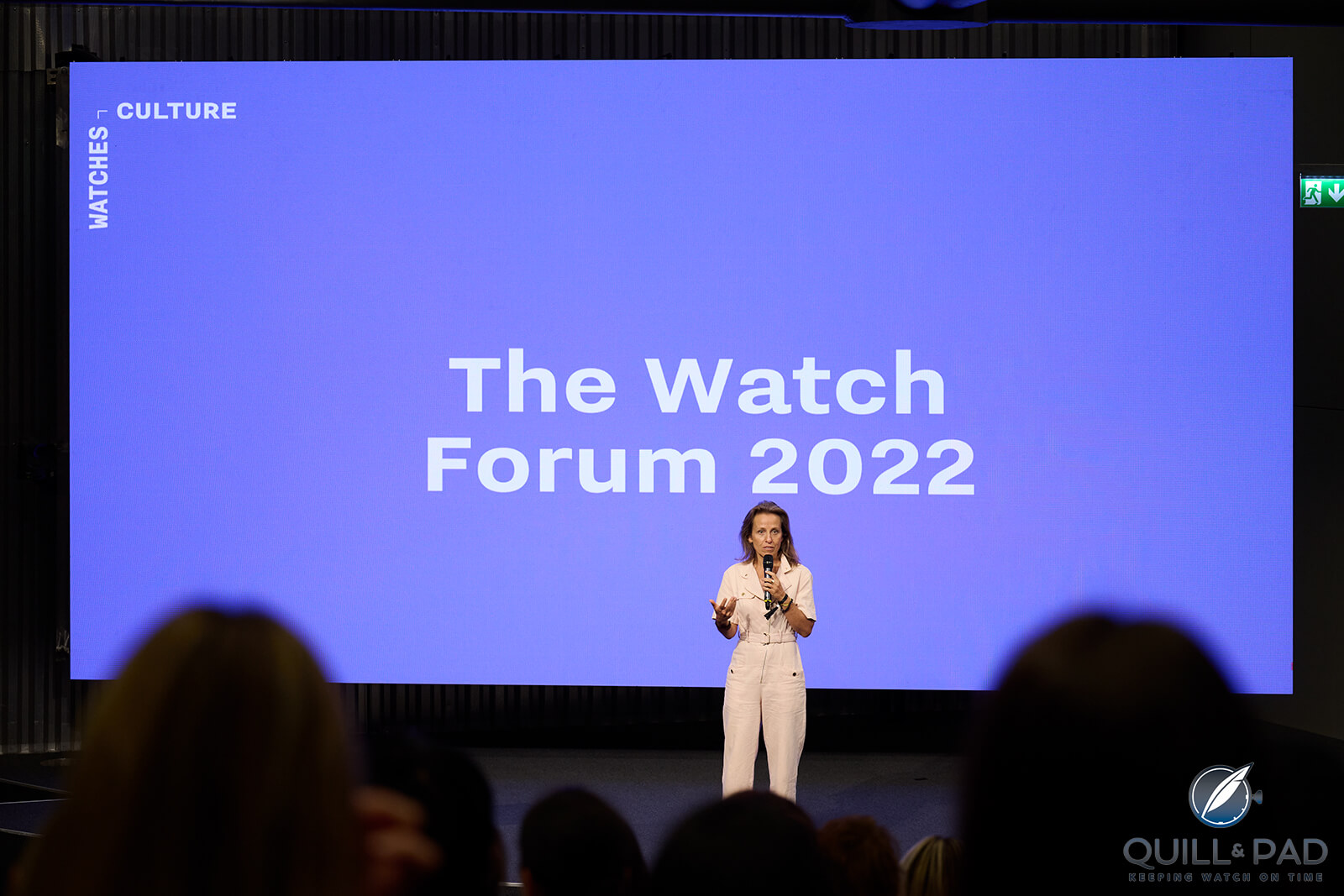
Flore Vasseur, director of the documentary film ‘Bigger Than Us,’ talks to the high-powered audience at the Watches and Culture Watch Forum 2022 (photo courtesy Loïc Herin)
Q&P: So how do you see these subjects relating to the luxury industry in general and watchmaking in particular?
FV: You know, we’ve been supported by the luxury industry. These kinds of documentaries are luxury. Nobody is paying for this kind of content because the industry would look at it as something that will never make a profit because this is too political. Because this is too deep. There’s no means, there’s no resources for this kind of work, so this film was treated and is treated as a piece of art, and this is the first time [for me].
I owe a lot to the luxury industry, actually. And that was something that I would not have expected. All my work since September 11 has been to attack the capitalist system and brands etc., and suddenly I found these people who believed in a greater message. I was really, really amazed. I do not know the watch industry. What I know is our relationship to time, and they are the ones who are communicating about time.
And my biggest question, and this is not my question, this is Melati’s question, and she has contaminated me, is we do not have time. So the big question is what do we do with the time we have left? And that will be my question to them.
Q&P: That is the most perfect question. And that kind of brings me to my next question: for real change to happen you need to reach the right people, and I’m sure that during the course of your work you’ve discovered who these people are. For me, over a 30-plus-year career and now more urgently in the last month in which I’ve been researching the subject of sustainability, I’ve also discovered who these people are. It’s really the powerful and rich people of our world who need to understand, and they are the only ones who can institute any real change.
So in order for real sustainability to take place, for change to happen, we need to reach the rich and powerful people, and for them to understand and care enough to make change. Do you think that showing this film in Geneva at the Watch Forum 2022 will have any sort of real impact?
FV: I will not have the ego to say yes, I am going to have an impact. I just don’t know. I’m just going to have a try. You never know what you trigger. The thing that I can tell you is that this film is having a career that I was not expecting, neither in a good nor a bad way.
But you know when you were talking about “We have to talk to the right people,” I was really interested in who you were talking about. Obviously, the powerful people, the elite brands, the big corporations, and after that the big politicians. But the top priority for me was to talk to teachers, and for them to talk to kids; for me the top priority is the youth. We see the level of anxiety: 75 percent of the youth are pessimistic, 58 percent of them think we are doomed [according to a] study a year ago.
You know, this is a catastrophe. And for me the urgent thing is to talk to them, and then, yes, talk to these big brands. There’s a lot of data – I checked and over-checked and super-checked data – but there’s a lot of emotion. And I think we have a lot of rational data, a lot of figures, and a lot of predictions. We just do not have any kind of emotion.
And these [young] people have emotion. We have to talk to them through the emotion. And one of the things that arts does really well is emotion, and it’s not only images, but music, stories, etc. And we are talking to them, yes, as business leaders, obviously, but my big question is, “Who are you? Do you have kids? How do you talk to them? What do you say to them? Don’t you think this is the biggest role of your life?” This is the discussion we have.
And after the screening you will see it . . . most of the time I have people in tears, most of the time I have people who cannot talk afterwards. Until next March I have screenings every day and at least 30 percent of that is with companies who are using the film to launch conversation because the level of dissonance inside companies is unbearable, and they realized that they have to try to have these discussions.
So I’m like this little mouse who’s going into these big organizations, I’m very surprised, but this is the magic, not of my film, but of film in general. It’s something that’s bigger, something else, and, you know, I do not care about them saying “Yeah, it’s good, bad” or whatever. I want them to have the conversation about what they are doing. And this is what this film is triggering: conversation.
Q&P: Exactly: triggering the conversation. If in the watch industry the clientele is the upper one percent in terms of global income, it is the rich and powerful of the world who buy the products that the watch industry is making. And I think that if the leadership in the watch industry can lead this way too, it might be able to have some kind of impact.
My next question is whether you have been able to reach the rich and powerful people of this world, since you just said that your target is the youth, which is completely understandable. But if the corporate world is helping you screen the film, then obviously you are reaching the right people.
FV: This is just the beginning, and it’s already a year, but we’re going to 55 countries and every day we have people saying, “How can I help? How can we help?” So, yeah, we are always trying to find new strategies, but this is totally experimental – as filmmakers or journalists, we do stories and then we go to the next. I will not do this, you know, it’s too big for me, it’s too close to my heart, it’s too close to my family. I feel like all my previous work led me to this.
So now I feel I owe all these people, all the activists I met and worked with. This is always the same relationship to the world, you know? A relationship to the world where you will never be satisfied with any explanation because you are still a kid inside yourself. And you are a journalist, so you are like that. You are always obsessed by two things: “It’s not fair” and “Why is it like this?” And these two things drive your work as a journalist, but it also drives the work of all the activists I know, whether they are 60 or 16. Always. And this is the kind of spirit of soul that we have totally lost, collectively speaking. We have compromised. These people never compromise, and this is the kind of spirit I want to [show]. For people to be touched, and once they have that everything will change.
You know, I really, really believe that all the solutions to our problems exist. They are technological, but most importantly they are in our behaviors, in our jurisdiction. The thing that is missing is the culture. And it is Snowden who gave me that in my previous work. We need a new set of incentives, where people who do good will feel good and will be valorized for what they do. We are valorizing the things that are killing us. We have to change that.
Q&P: In your press materials, you note that it is the women who will save the continent of Africa, but I actually take that to mean “who will save us in general.” I’ve always been a firm believer that if women were in charge of things we wouldn’t be in this mess. I feel like we feel things much more deeply sometimes and that we’re able to sympathize better. Do you believe we can get more women into positions where they would be able to do something in time or do you think this is a lost cause?
FV: I have met a lot of women in power, and I felt sad because in getting there we’re asking them to kill the women inside of them. And I totally recognize that that is happening to me also. It is my masculine thing that is really winning. And once I’m there it’s very hard to debunk and to deprogram that. So unfortunately I would not say that more women in power would change things. It’s more women connected to their feminine sides and exercising power differently through it that would change things.
It’s about the leadership, the way you lead. In this film, four out of the seven characters are women, girls. And you see them lead. Yes, this is what I’m talking about. And in the middle of the film there’s a traditional chief from Malawi with authority over one million people, and she says to the girls, “Being a chief doesn’t mean being in a position of power, doesn’t mean you have to be arrogant. The humbler you are, the more respected you will be.” This is the kind of advice we need.
Q&P: Coming back to the film, what kind of change have you noticed in the world since your film debuted in Cannes?
FV: Well, all the different issues mentioned in the film have gotten worse. All the characters of the film, the protagonists, we are still in close contact with each of them, we really love them, sometimes they go on journeys with us. They strive, they do good, they are fighting. They are resilient.
What I’ve seen accelerating is people are getting more and more aware what is happening. It’s difficult now to stay in your bubble, it’s really, really difficult for people not to know that something that is happening. So what has happened is that for me is that it’s getting easier and easier to have screenings. And this is not necessarily because of the film, this is because of all that is happening to us: Ukraine, climate, everything. It’s like the universe is sending us the lessons and we are not hearing them fully, but we are starting to hear them.
Q&P: I could talk about this all day with you, thank you for taking the time!
FV: Thank you very much!
This interview was edited for length and clarity.
For more information, please visit biggerthanus.film/en.
To watch Meeting Edward Snowden free on YouTube, visit youtube.com/watch?v=Q2yb6dyrsh0
You may also enjoy:
Time Design Exhibition: Hands And Eyes On The Beauty Of Watchmaking
In 2022 (As In 2015): Keep Calm And Continue Collecting










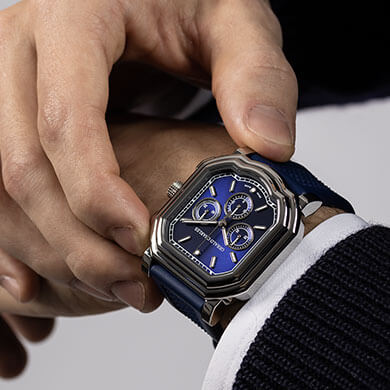
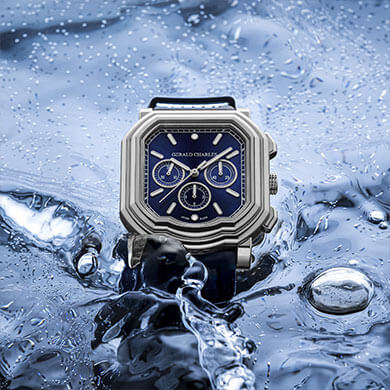

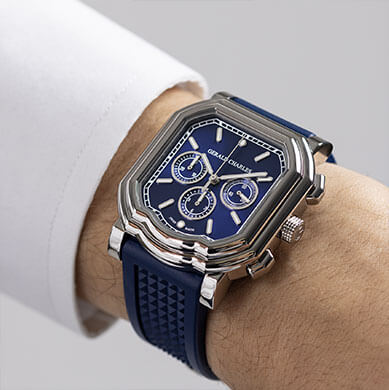



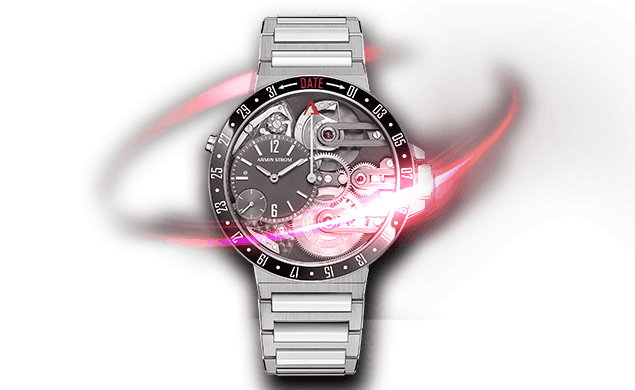
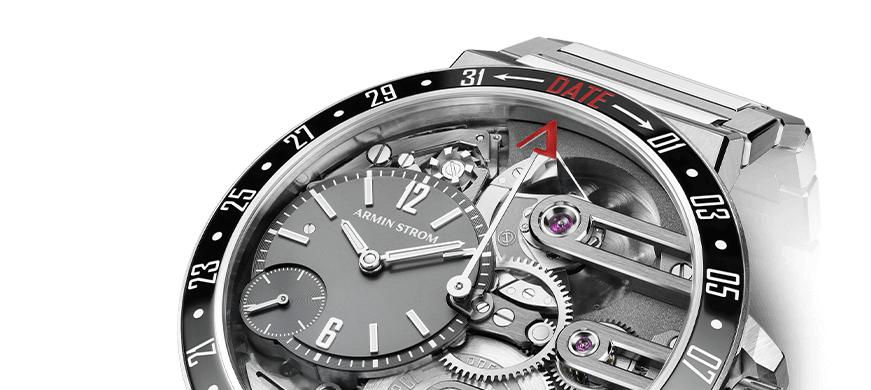
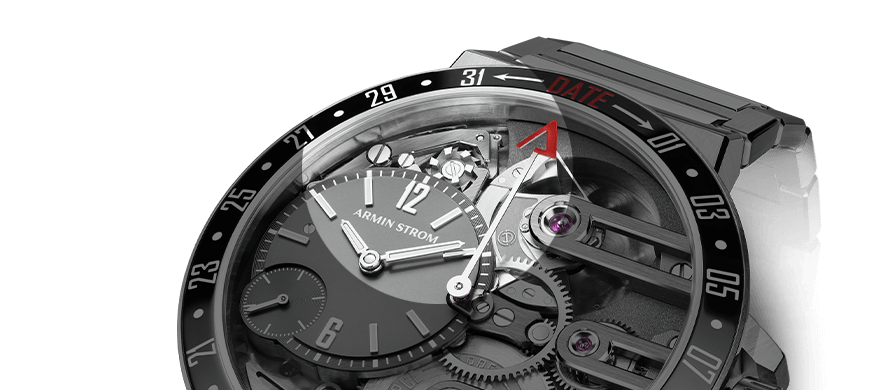


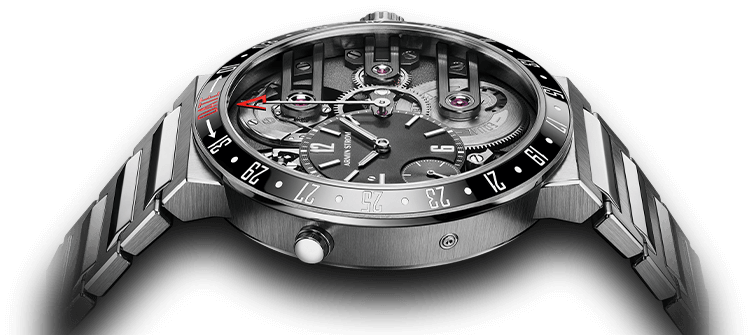
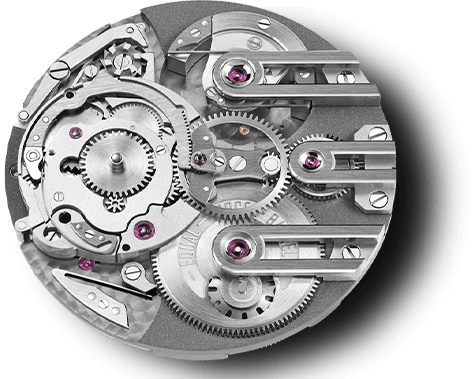

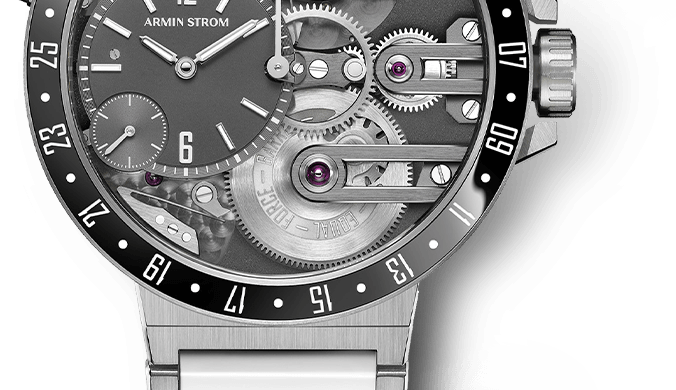
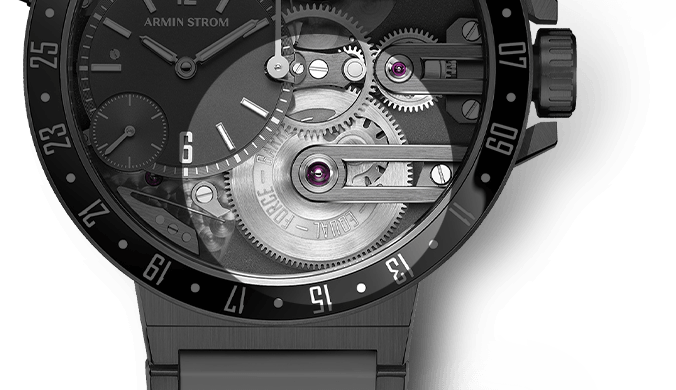









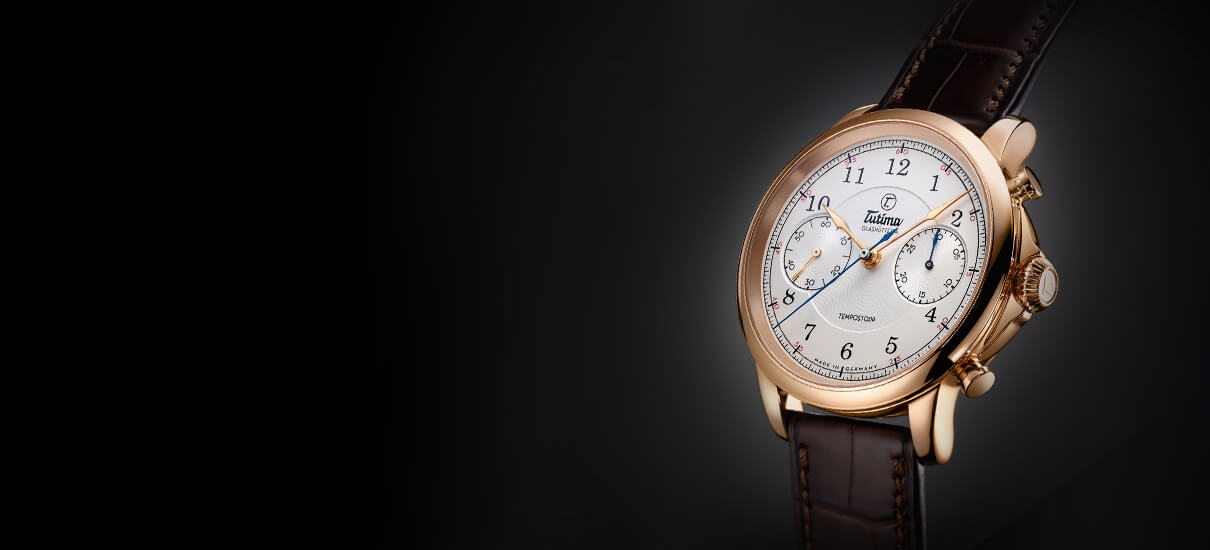

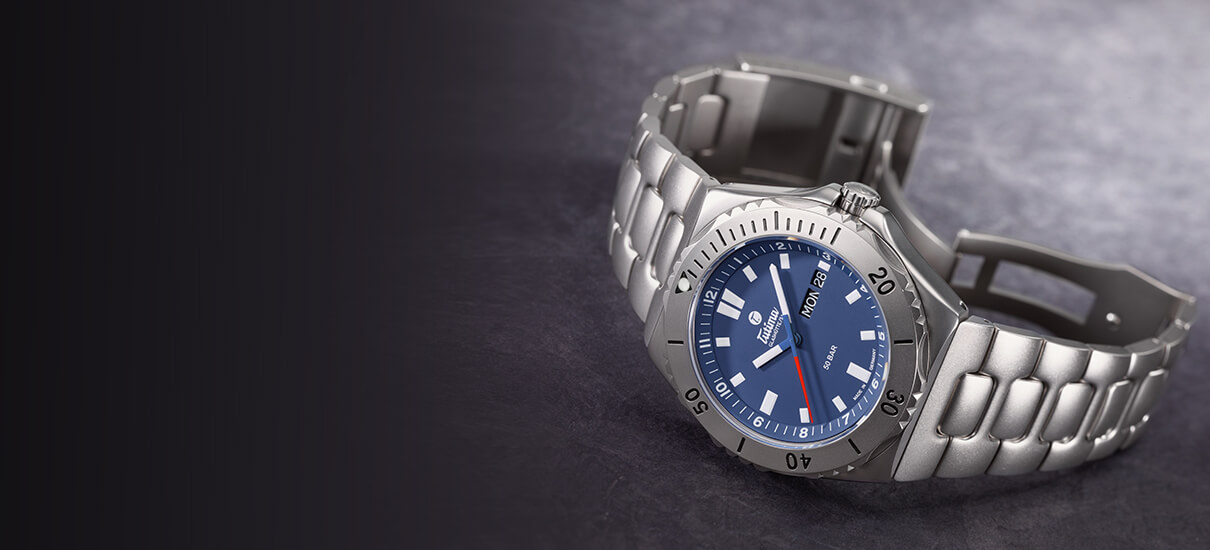

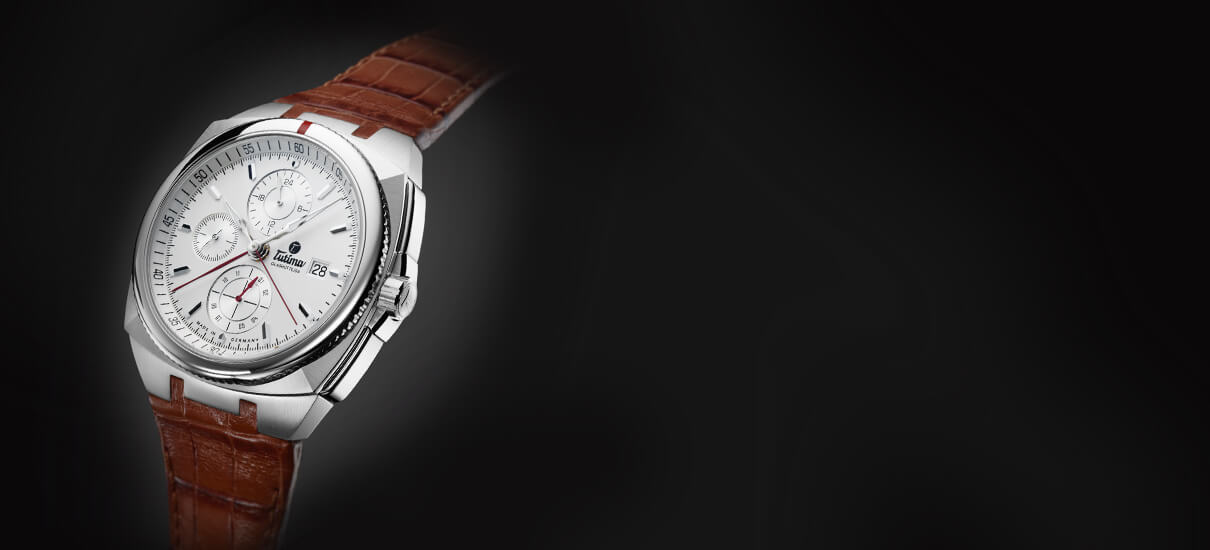

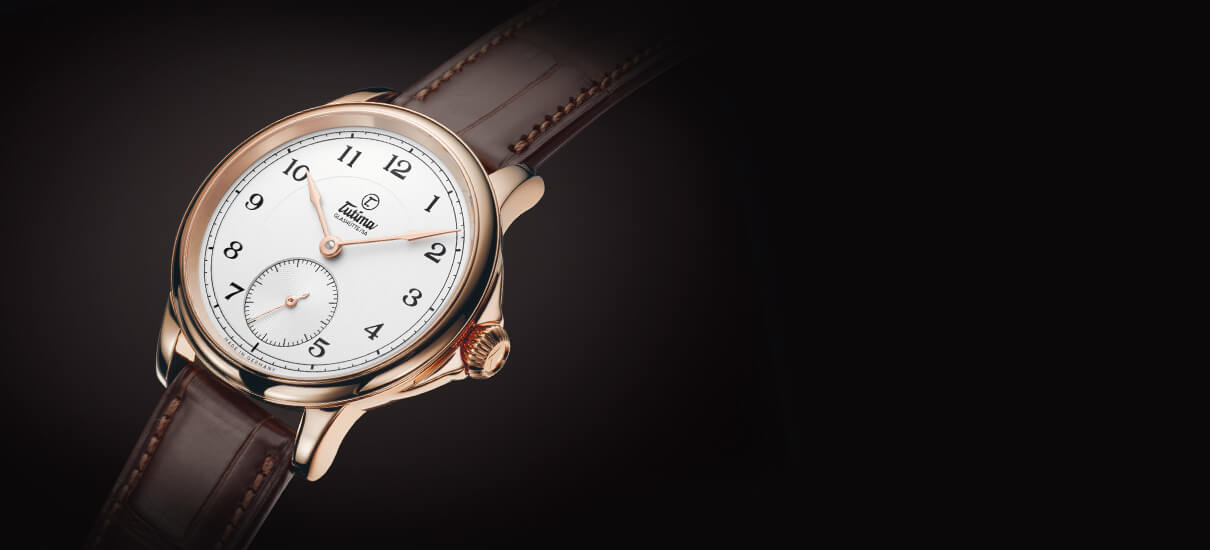

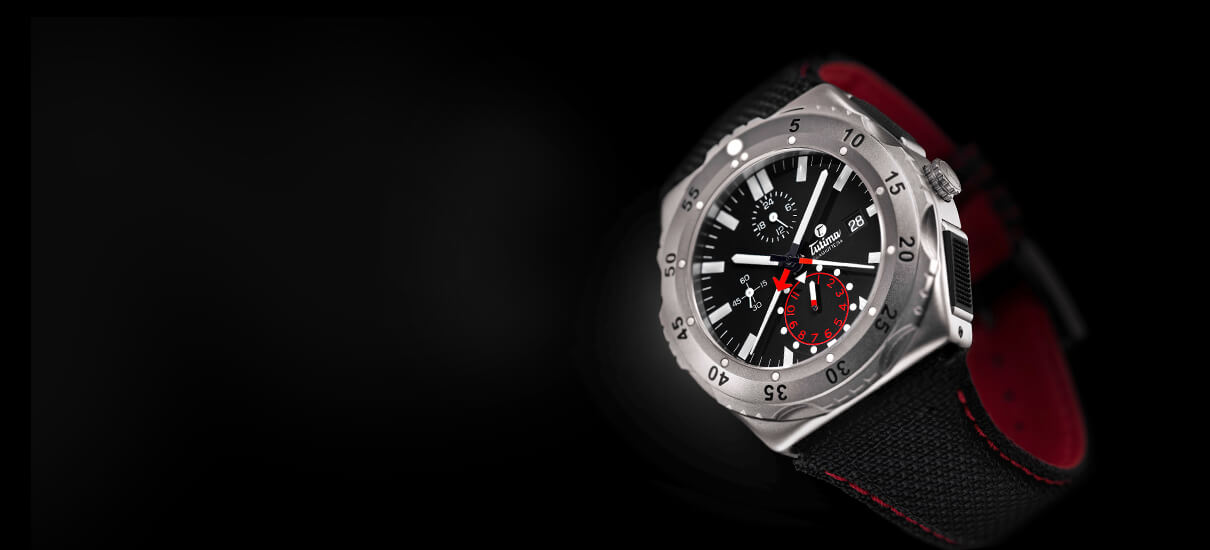

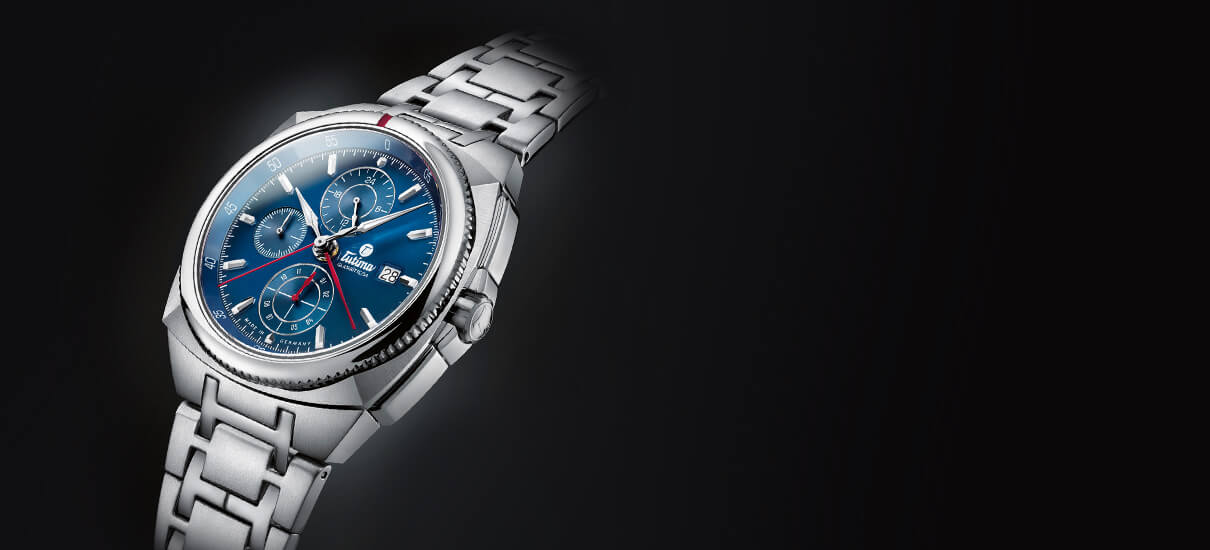

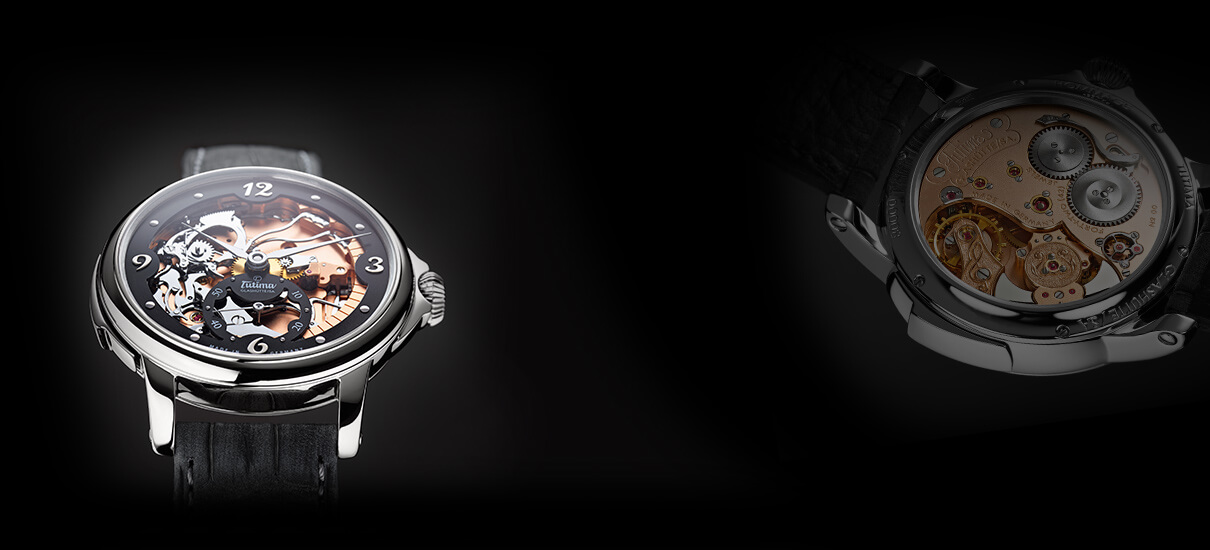

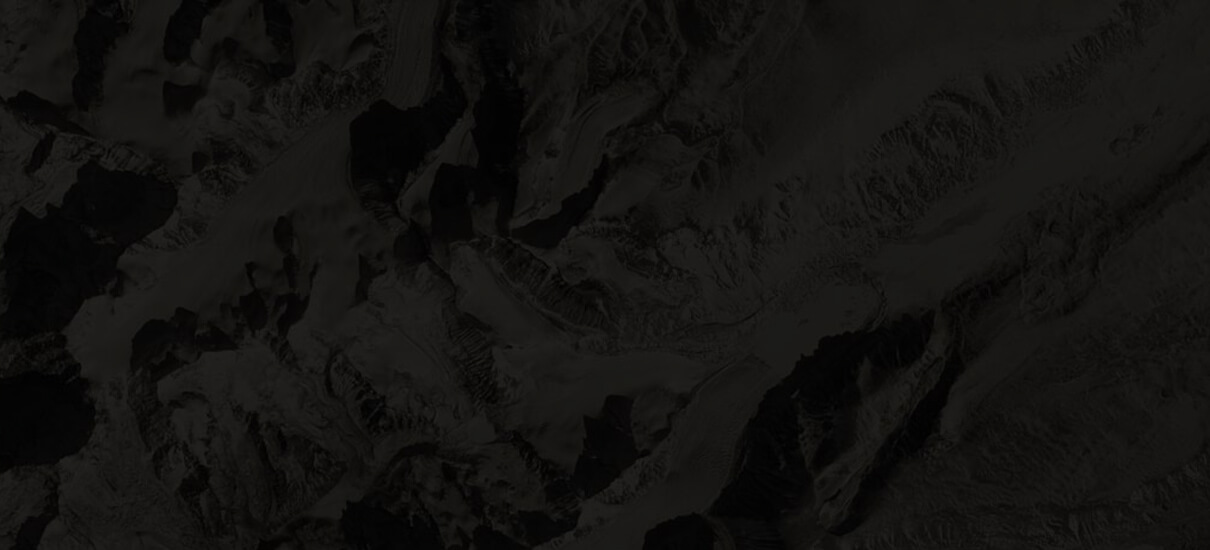

Leave a Reply
Want to join the discussion?Feel free to contribute!